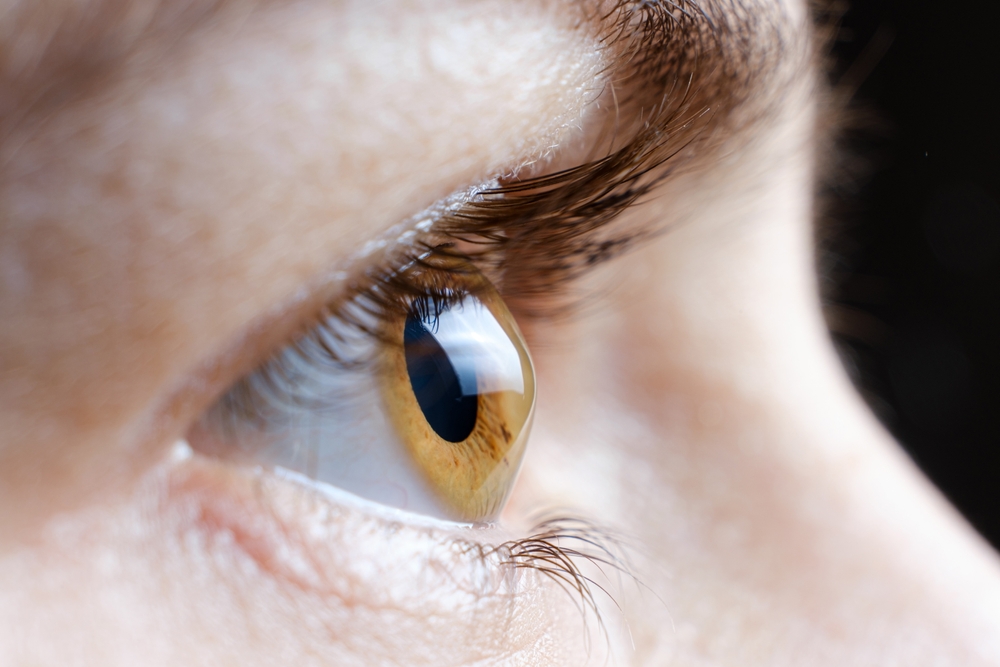
What Treatment Options Are Available for Keratoconus?
Keratoconus is a progressive eye condition that causes the cornea to thin and bulge into a cone-like shape, leading to distorted vision. It typically begins in adolescence or early adulthood, and if left untreated, it can worsen over time. However, with advancements in eye care, there are several effective treatment options available for managing keratoconus. Here’s a look at the different treatment methods and how they can help improve vision for those affected by this condition.
Eyeglasses or Soft Contact Lenses
In the early stages of keratoconus, eyeglasses or standard soft contact lenses may be sufficient to correct mild vision problems. However, as the condition progresses and the cornea becomes more irregular in shape, these solutions may no longer provide adequate vision correction.
Custom Rigid Gas Permeable (RGP) Lenses
RGP lenses are a common treatment for more advanced keratoconus. These hard lenses are designed to maintain their shape on the irregular cornea, helping to correct the distorted vision caused by keratoconus. They are custom-fitted to each patient, offering better vision correction than standard lenses. Although they may take some time to adjust to, many patients find them highly effective in improving their vision.
Scleral Lenses
Scleral lenses are larger in diameter than standard contact lenses and rest on the sclera, or white part of the eye, rather than directly on the cornea. This makes them an excellent option for individuals with keratoconus, as they create a smooth optical surface over the irregular cornea, enhancing vision and comfort. Scleral lenses also provide extra moisture, which can be beneficial for those with dry eyes.
Hybrid Lenses
Hybrid lenses combine the comfort of soft lenses with the visual clarity of RGP lenses. The center of the lens is made of rigid material to correct the cornea's irregularities, while the outer portion is soft, providing a comfortable fit. These lenses can be a great option for individuals who find RGP lenses uncomfortable but still require a higher level of vision correction.
Corneal Cross-Linking (CXL)
Corneal cross-linking is a minimally invasive procedure designed to strengthen the corneal tissue and halt the progression of keratoconus. During the procedure, riboflavin (vitamin B2) drops are applied to the cornea, and the eye is exposed to ultraviolet (UV) light. This process strengthens the collagen fibers in the cornea, preventing further thinning and bulging. While CXL does not reverse keratoconus, it is highly effective in stabilizing the condition and reducing the need for more invasive treatments.
Intacs
Intacs are small, semi-circular plastic inserts that are surgically placed within the cornea to help flatten its shape and improve vision. This procedure can reduce the need for corneal transplants in some cases. Intacs may be combined with other treatments like corneal cross-linking to enhance results. This procedure is usually recommended for patients who are not good candidates for contact lenses or when other treatments have not provided sufficient results.
Corneal Transplant
In severe cases of keratoconus, where vision cannot be adequately corrected with contact lenses or other treatments, a corneal transplant (also known as keratoplasty) may be necessary. During this procedure, a portion of the damaged cornea is removed and replaced with healthy donor tissue. Corneal transplants have a high success rate, though recovery can take several months, and patients may still require contact lenses for optimal vision after surgery.
Schedule Your Eye Exam with Insight Eyecare Today
The best treatment option for keratoconus depends on the severity of the condition, the progression of the disease, and the patient’s individual needs. At Insight Eyecare, we offer personalized care and a variety of treatment options to manage keratoconus effectively. We will work with you to determine the most appropriate solution based on your unique situation and lifestyle.
If you’ve been diagnosed with keratoconus or are experiencing changes in your vision, contact Insight Eyecare to schedule a comprehensive eye exam. Early detection and treatment can help preserve your vision and prevent further complications. Visit our office in Las Vegas, Nevada, or call (702) 718-7163 to book an appointment today.








